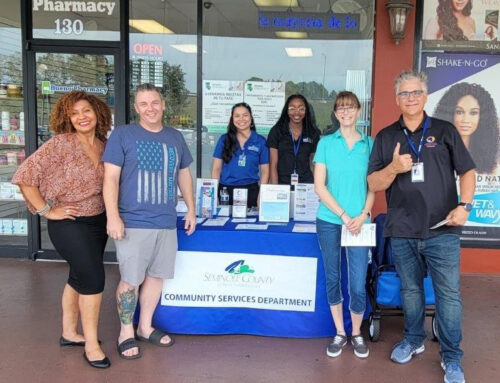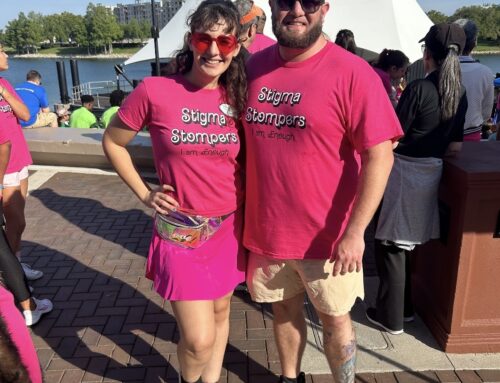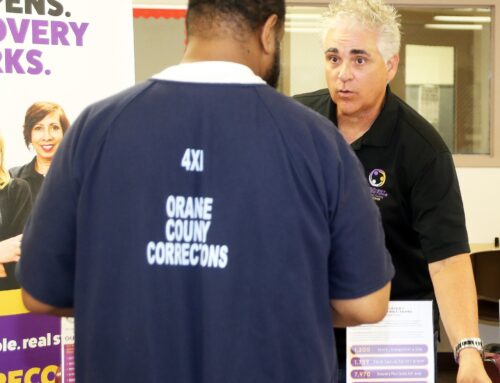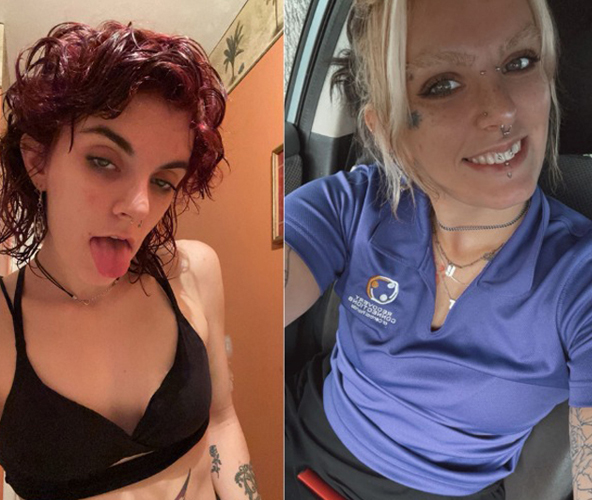
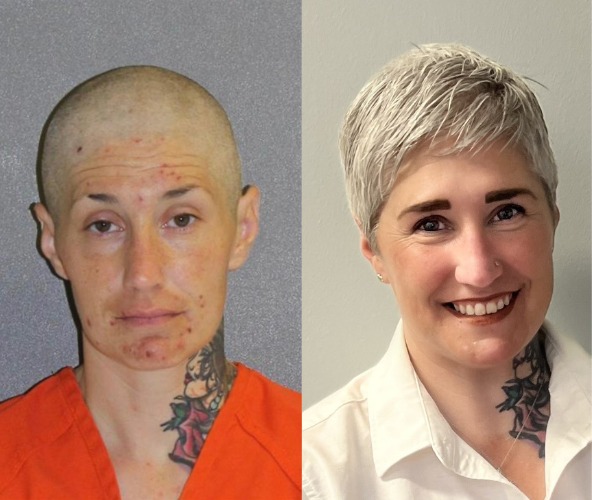
Recovery from addiction is a deeply personal and often challenging journey. While medical treatments and therapies play a crucial role, the power of lived experience in recovery cannot be overstated. Those who have walked this path possess insights and perspectives that are invaluable in understanding the complexities of addiction and the process of healing.
Lived experience refers to the firsthand knowledge gained by individuals who have lived through addiction and subsequently embarked on the journey of recovery. This journey encompasses various stages, each marked by unique challenges, triumphs, setbacks, and profound personal growth.
The significance of lived experience in recovery lies in its ability to foster empathy, understanding, and connection among individuals undergoing similar struggles. Here are some compelling aspects of lived experience in the context of addiction recovery:
- Authentic Understanding: Individuals who have experienced addiction firsthand possess an authentic understanding of the challenges and complexities involved. This understanding goes beyond textbook knowledge, enabling them to relate on a deeper level to others grappling with addiction. They can empathize with the emotions, struggles, and fears faced by those in recovery because they have been there themselves.
- Peer Support and Mentorship: Lived experience serves as a powerful tool in peer support and mentorship programs. Recovering individuals often find solace and inspiration in connecting with others who have successfully navigated similar obstacles. Peer support groups and mentorship programs benefit from the wisdom and guidance shared by individuals who have overcome addiction, offering hope and motivation to those still on their journey.
- Reducing Stigma: Sharing personal stories of overcoming addiction humanizes the experience and challenges stereotypes and stigmas associated with substance use disorders. Personal narratives of recovery help break down barriers and misconceptions, encouraging society to view addiction as a treatable medical condition rather than a moral failing.
- Advocacy and Education: Individuals with lived experience often become passionate advocates for addiction recovery. They play a pivotal role in raising awareness, advocating for policy changes, and shaping public perception by sharing their stories in various forums. Their advocacy efforts contribute to destigmatizing addiction and improving access to effective treatment options.
- Empowerment and Resilience: The journey through addiction and recovery fosters resilience, determination, and strength in individuals. Those who have successfully reclaimed their lives after struggling with addiction become beacons of hope, showcasing the transformative power of perseverance and resilience.
Embracing the wisdom and insights gained from lived experience is vital in shaping more effective and empathetic approaches to addiction treatment and recovery. It underscores the importance of including recovering individuals in decision-making processes, treatment planning, and community support initiatives.
Furthermore, acknowledging and honoring the diverse experiences within recovery is crucial. Each individual’s journey is unique, and there is no one-size-fits-all approach to recovery. By embracing and respecting the diverse perspectives and narratives of those in recovery, we can create a more inclusive and supportive environment for individuals seeking to overcome addiction.
Ultimately, lived experience in recovery serves as a testament to the human spirit’s capacity for resilience, growth, and transformation. It stands as a beacon of hope, reminding us that recovery is possible and that every individual deserves compassion, understanding, and the opportunity for a fulfilling life beyond addiction.
Recovery Connections of Central Florida employed Certified Recovery Peer Specialist, those with lived experience and are now in long term recovery for these exact reasons. We found that peer to peer support is a key component in the recovery process. Call (407) RECOVER or (407) 732-6837 and speak with a peer specialist to begin the journey to long-term recovery.

